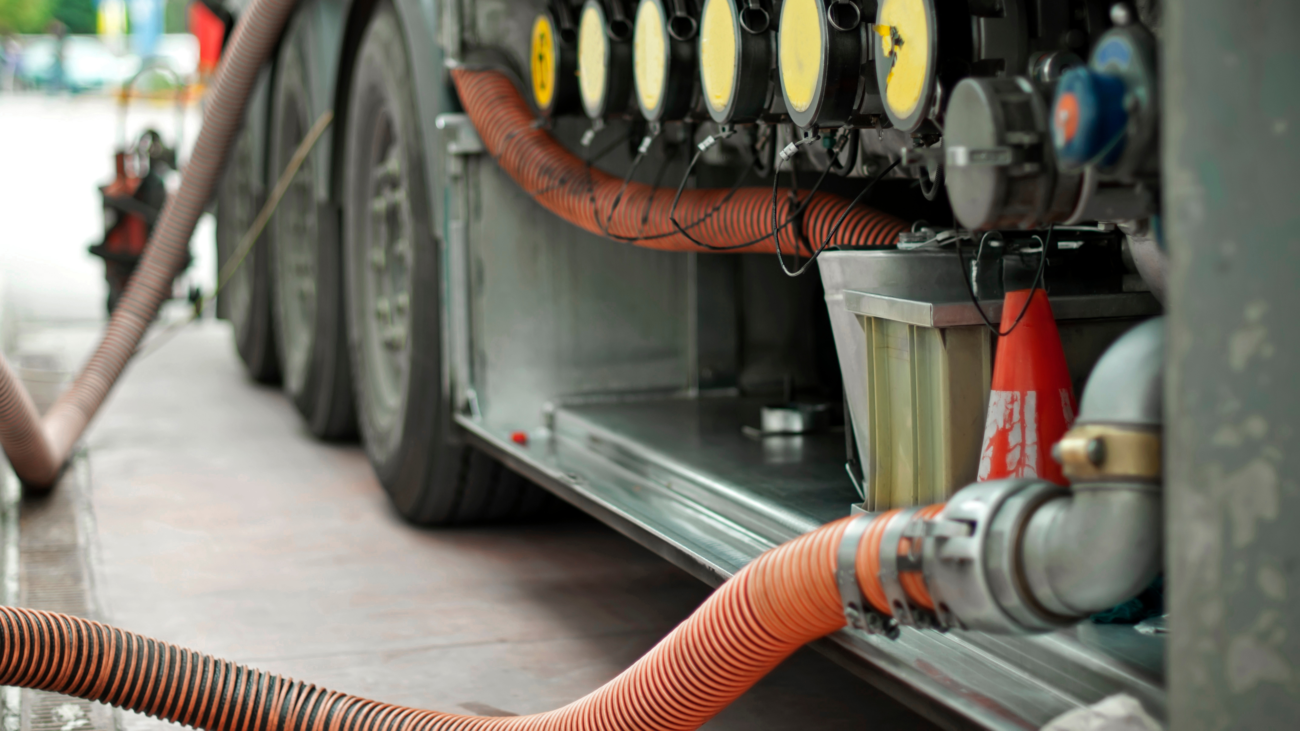Effective inventory management is a cornerstone of success in the fuel and chemical industries. At PT Wiraniaga Energi Mandiri, we understand that managing fuel and chemical inventories efficiently is crucial for optimizing operations, minimizing costs, and ensuring compliance. In this article, we share industry-leading best practices and tips to help you enhance your inventory management strategies.
1. Implement Real-Time Inventory Tracking
Real-time inventory tracking is essential for maintaining accurate and up-to-date inventory levels. By using advanced inventory management systems, you can monitor stock levels, track product movement, and identify potential issues before they escalate. Key benefits include:
- Reduced Stockouts: Real-time data helps prevent stockouts by alerting you when inventory levels are low.
- Enhanced Accuracy: Continuous tracking minimizes discrepancies and errors in inventory records.
- Improved Forecasting: Access to current data enables more accurate demand forecasting and replenishment planning.
2. Adopt Just-in-Time (JIT) Inventory Practices
The Just-in-Time (JIT) inventory approach focuses on minimizing inventory levels while ensuring that products are available when needed. This practice can significantly reduce storage costs and waste. Implementing JIT involves:
- Optimizing Reorder Points: Calculate optimal reorder points based on historical data and lead times.
- Streamlining Supply Chain: Collaborate closely with suppliers to ensure timely deliveries and reduce lead times.
- Minimizing Excess Inventory: Avoid overstocking by aligning inventory levels with actual demand.
3. Utilize Advanced Forecasting Techniques
Accurate forecasting is crucial for managing fuel and chemical inventories effectively. Advanced forecasting techniques can help you anticipate demand fluctuations and plan accordingly. Consider:
- Historical Data Analysis: Analyze past sales data and trends to forecast future demand.
- Seasonal Adjustments: Adjust forecasts based on seasonal variations and industry trends.
- Automated Forecasting Tools: Use forecasting software to generate precise demand predictions and improve inventory planning.
4. Implement Safety Stock Strategies
Safety stock serves as a buffer against unforeseen demand spikes or supply chain disruptions. Maintaining an appropriate level of safety stock can prevent stockouts and ensure continuous operations. Best practices include:
- Calculating Safety Stock Levels: Determine safety stock levels based on demand variability and lead time.
- Regular Reviews: Periodically review safety stock levels to adjust for changes in demand patterns or supply chain conditions.
- Balancing Costs: Ensure that safety stock levels are balanced to avoid excessive carrying costs.
5. Ensure Compliance with Regulatory Standards
Compliance with regulatory standards is critical in the fuel and chemical industries. Adhering to safety, environmental, and quality regulations helps prevent legal issues and ensures safe handling of hazardous materials. Key compliance practices include:
- Regular Audits: Conduct regular audits to verify compliance with industry regulations and standards.
- Training Programs: Provide ongoing training for employees on regulatory requirements and safety protocols.
- Documentation: Maintain thorough documentation of inventory management practices, safety procedures, and compliance records.
6. Optimize Storage and Handling Procedures
Proper storage and handling of fuel and chemicals are essential for maintaining product quality and safety. Implementing optimized procedures can enhance efficiency and reduce risks. Consider:
- Proper Storage Conditions: Store fuel and chemicals in appropriate conditions to prevent degradation and contamination.
- Efficient Layout: Design storage facilities with efficient layouts to facilitate easy access and reduce handling time.
- Safety Measures: Implement safety measures such as proper labeling, spill containment, and personal protective equipment (PPE) to ensure safe handling.
7. Leverage Technology for Improved Efficiency
Technology plays a vital role in modern inventory management. By leveraging technological solutions, you can streamline processes and gain valuable insights. Key technologies include:
- Inventory Management Software: Use software to automate inventory tracking, forecasting, and reporting.
- IoT Sensors: Implement IoT sensors for real-time monitoring of inventory conditions and levels.
- Data Analytics: Utilize data analytics tools to analyze inventory data and identify trends for better decision-making.
8. Foster Strong Supplier Relationships
Building and maintaining strong relationships with suppliers is crucial for effective inventory management. Collaborative partnerships can enhance supply chain efficiency and reliability. Strategies include:
- Open Communication: Maintain regular communication with suppliers to address issues and coordinate deliveries.
- Performance Reviews: Conduct periodic reviews of supplier performance to ensure reliability and quality.
- Strategic Partnerships: Develop strategic partnerships to secure favorable terms and ensure consistent supply.
9. Implement Continuous Improvement Practices
Continuous improvement is essential for evolving inventory management practices and staying competitive. Adopt a culture of continuous improvement by:
- Regular Reviews: Regularly review and assess inventory management processes for areas of improvement.
- Feedback Mechanisms: Collect feedback from employees, suppliers, and customers to identify improvement opportunities.
- Benchmarking: Benchmark against industry standards and best practices to drive performance enhancements.
Conclusion
Effective inventory management in the fuel and chemical industries requires a combination of advanced techniques, technology, and best practices. By implementing these strategies, PT Wiraniaga Energi Mandiri ensures that our inventory management processes are efficient, cost-effective, and compliant with industry standards. These practices not only optimize our operations but also deliver greater value to our clients and partners. Embracing these best practices can help your business achieve similar success and maintain a competitive edge in the industry.


